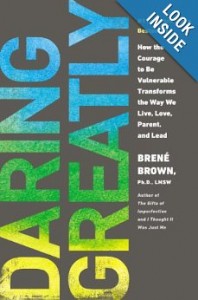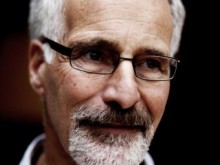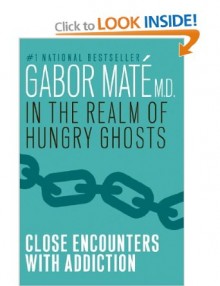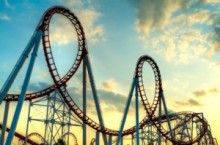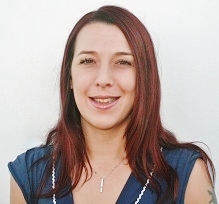Leslie Glass and her daughter Lindsey Glass have just made their second documentary about recovery. Here is a film clip and report from YourObserver.
At a 2011 luncheon for the premiere of her first documentary film, “The Secret World of Recovery,” Leslie Glass remembers hearing a collective gasp as she told the crowd of nearly 400 people that she was the mother of a recovering addict. It was the first time she’d ever told anyone.
“When you come out with it for the first time, you have a sense of shame about it,” she says. “What did I do wrong as a parent that I have a child who’s had these difficulties? I think that’s so common; people don’t want other people to know.”




